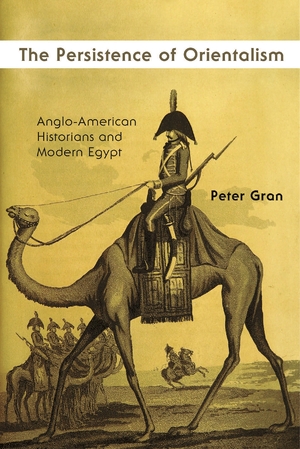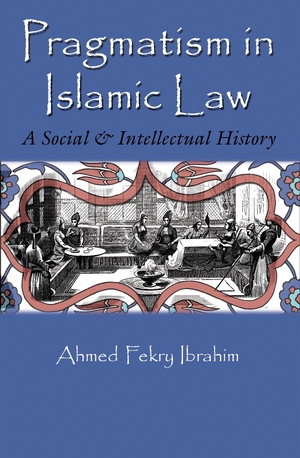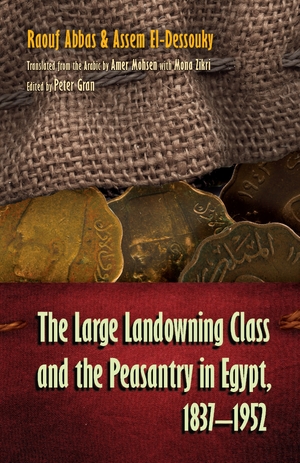For the past century or more, students of Middle East studies in the U. S., Europe, and the Arab World have upheld an East-West differentiation rooted in Orientalism. In the post World-War II years modernization arose to compete with the more classical Orientalism and political economy emerged as a variant of this modernization. It appeared that the dichotomy between East and West might be eliminated. The consequences of this failed endeavor—the end of the developmental revolution marked a resurgence of Orientalism—were nothing less than staggering, not only on the level of thought but of policy. The more recent rise of post-colonial discourse has so far not altered the situation.
This series suggests it is time for a new beginning. The dominant tradition has left the region culturally disenfranchised. Authors are encouraged to submit scholarly volumes, books with great popular appeal, translations, texts, and reprints of classic works.










